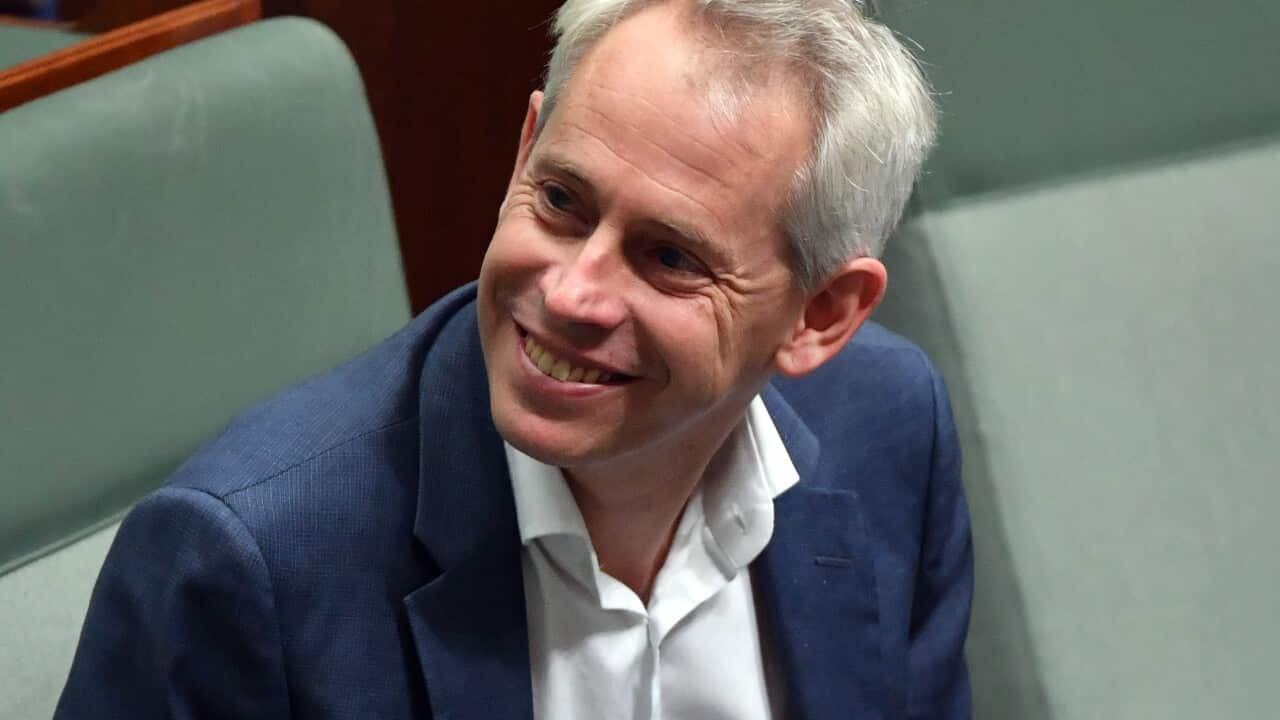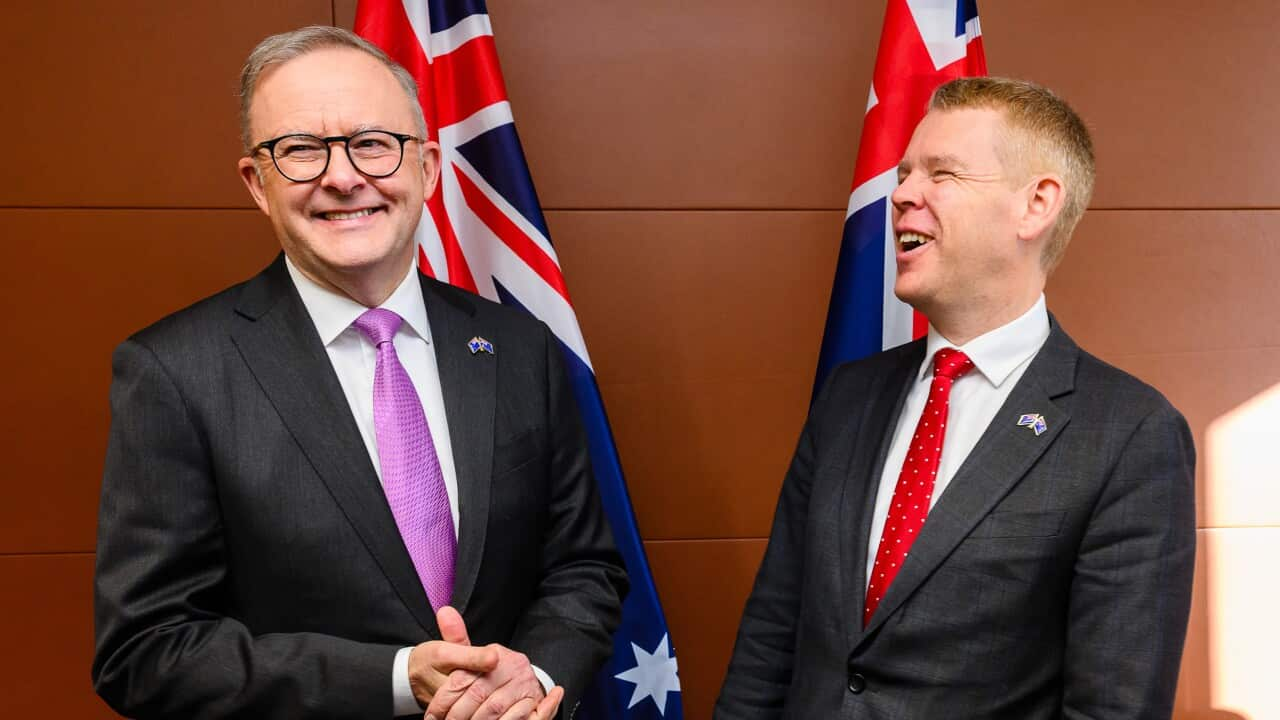KEY POINTS:
- Submissions for a key review into multiculturalism in Australia have opened.
- For the first time, migrants are able to contribute in their native tongue.
- The review is expected to hand down its findings early next year.
For the first time, migrants can use their native tongue to warn government about the barriers they face after arriving in Australia.
Submissions for the federal government's Multicultural Framework Review have opened and, in a landmark move, the Home Affairs Department will accept input in all languages.
Immigration Minister Andrew Giles hopes the move will help government see barriers that are currently "not visible" to policymakers.

Immigration Minister Andrew Giles compared the process to the Voice, saying listening to communities in the way they require produces better outcomes. Source: AAP / Bianca De Marchi
Giles compared the process to the , which the government is pushing in a referendum at the end of the year.
"[It's] about listening and understanding that, through listening to different perspectives, we get better policy outcomes," he said on Tuesday.
"To me, that is exactly what the Voice is about ... This is sometimes a challenging task. I think embracing it, and recognising the importance of speaking to people on terms that work to them, is fundamental in a society like ours."
Home Affairs will also take the novel step of accepting submissions in video and audio format, along with the typical written submissions required by other reviews.
"As a 50-year-old, I'm probably set in my ways," Giles said.
"But we've got some very consistent feedback from younger people that they'd like to share their views, but they don't necessarily feel as comfortable expressing them by writing a document when they could [do it] directly to camera and send that in."
Information on the review will also be made available in 35 commonly-spoken languages. But after some health information was poorly translated during the COVID-19 pandemic, Giles insisted work was being done to ensure they were "both accurate in the literal sense and fully comprehensible".
What is the review?
The review will make recommendations on current Commonwealth legislation and strategy, to ensure it meets "the current and future needs of multicultural Australia".
It'll take input from a range of backgrounds, including:
- Australians from a migrant family background
- New migrant arrivals and people born overseas
- Refugees and humanitarian entrants
- Permanent and temporary visa holders
Giles said there were "obvious policy questions" for the review to address, including:
- Barriers to entering the job market and developing skills
- The quality of Australia's settlement services
- Culturally appropriate aged care support
But he insisted the government was eager for migrant communities themselves to lead the process, rather than implementing a "top-down" approach.
"What we're hoping to do ... is identify the questions that we are not asking, identify those gaps in government's engagement with community that perhaps are not visible to those of us who deal formally in policy-making," Giles said.
Submissions will close on 29 September, with the review expected to be handed down early next year.
Giles said an appointed panel is already travelling across the country to alert people to their opportunity to contribute.
Community liaison officers, who Giles described as "the interface between my department and community", have also been tasked with alerting migrant groups.











